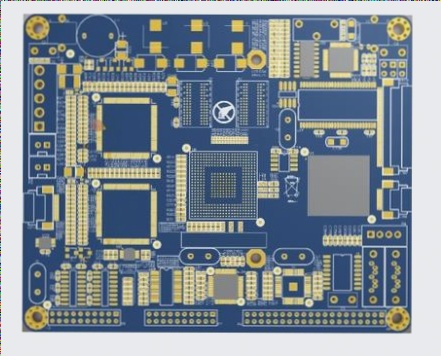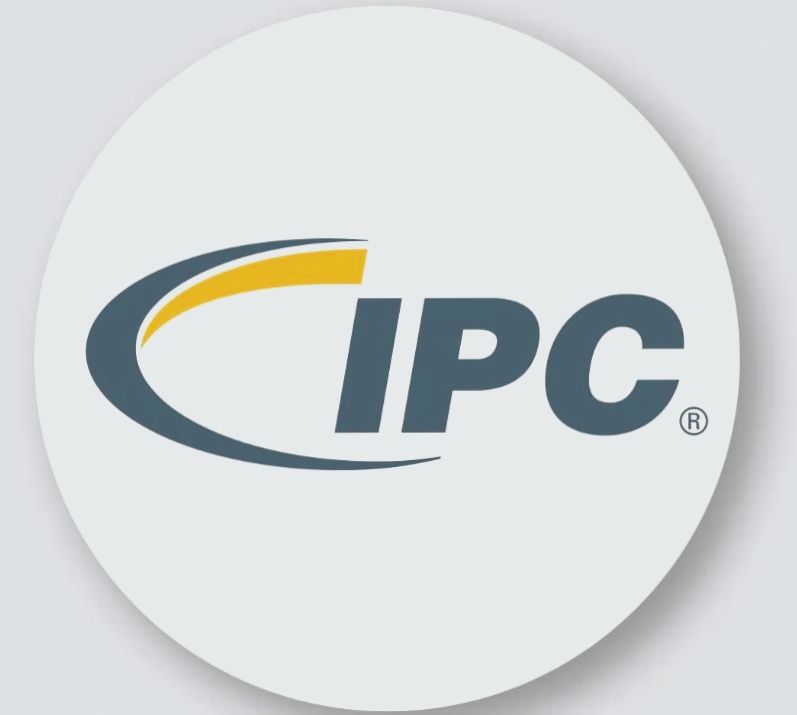Challenges and Requirements in 5G Communication for the PCB Industry
5G communication is significantly impacting people’s lives, leading to the gradual transition of mobile phones into the 5G era. Let’s explore the challenges that 5G communication has presented to the PCB industry:
1. Material Requirements
- The focus in 5G PCB boards is on high-frequency and high-speed materials and boards.
- Leading manufacturers like Lianmao, Shengyi, and Panasonic are developing new high-frequency materials, challenging Rogers’ dominance.
- Competition is driving improvements in material performance, convenience, and usability.
- The localization of high-frequency materials is becoming a prevailing trend.

2. Quality Monitoring Requirements
- With advancing 5G signal technology, strict control of plate making production is crucial to maintain signal performance.
- Plate making deviation can impact signal performance, necessitating updated processes and equipment.
- Jabilon has enhanced statistical process control to ensure product consistency and meet performance requirements.
3. Manufacturing Process Requirements
- Increased demand for high-density PCB boards and HDI due to 5G applications.
- New technologies like buried resistance and capacity are being applied.
- Focus on copper thickness uniformity, line width accuracy, and PCB plasma dirt removal capability.
4. PCB Design Requirements
- Boards must meet high-frequency and high-speed requirements, including impedance matching and signal integrity standards.
- Emphasis on stacking planning, wiring spacing/holes, and heat dissipation.
5. Equipment and Instrument Requirements
- Essential equipment includes high-precision tools and testing equipment like impedance testers and loss testing equipment.
- Precise graphic transfer, vacuum etching, and electroplating equipment are crucial for 5G PCB production.
Ensuring surface mounting reliability through PCB product testing is vital. Quality control challenges arise from the increasing assembly density and core technology advancements. Comprehensive approval processes, including electrical connection performance inspection, are necessary to meet quality standards.



